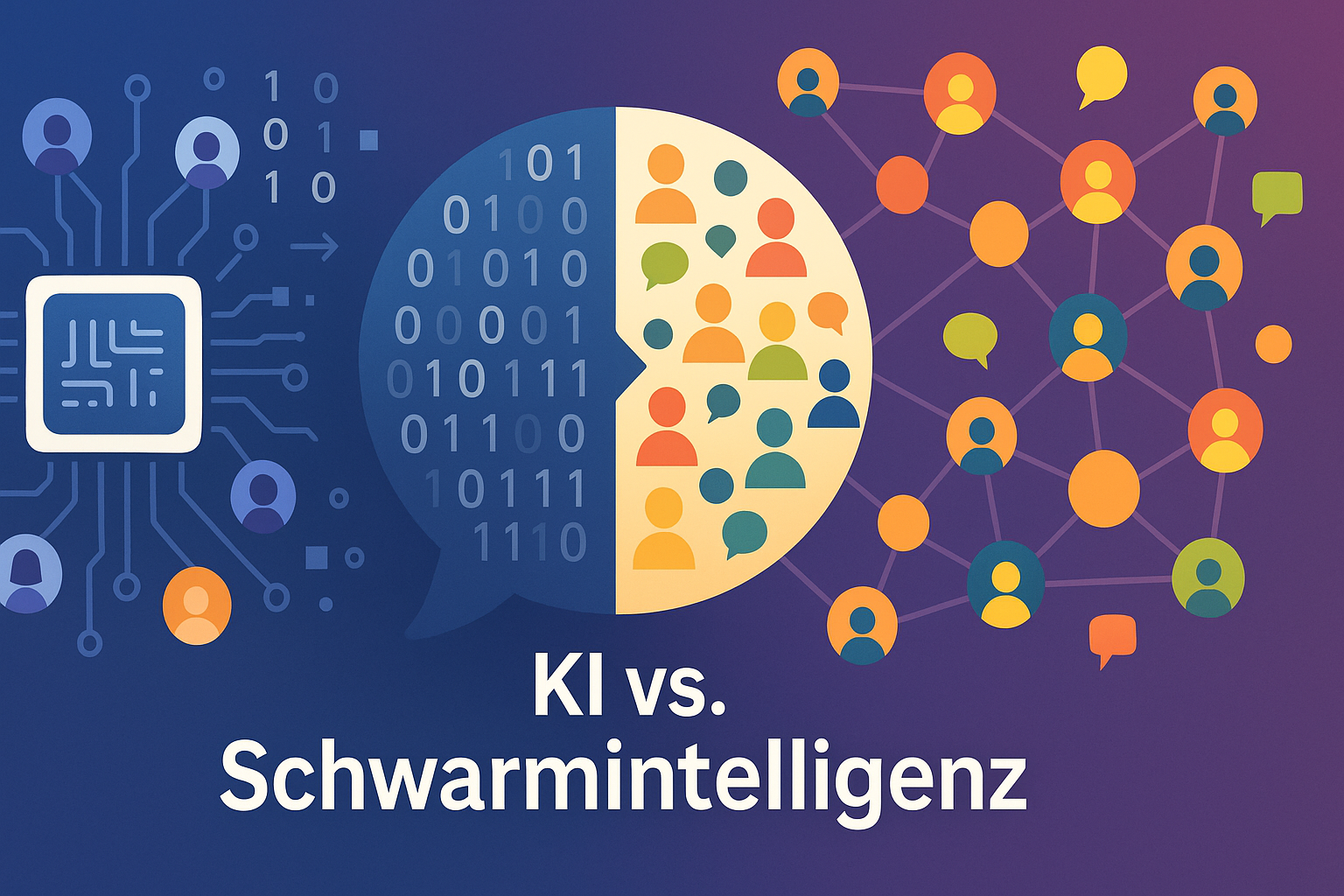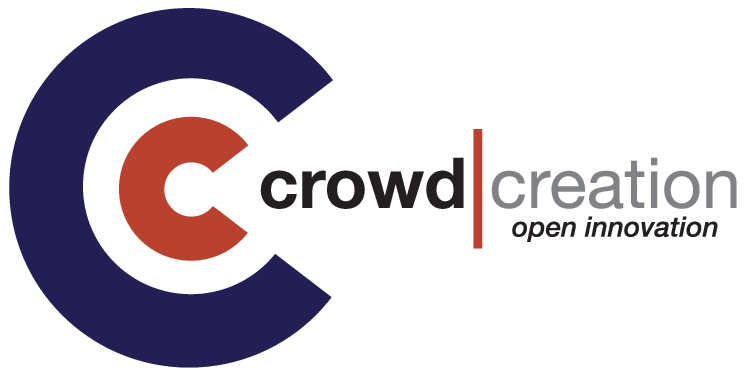AI vs. Swarm Intelligence – How the Experience of the Many Stands Up to Analytical Intelligence

Artificial intelligence presents itself as a universal tool for every task. But the evaluation of massive data volumes does not always lead to the best results, as crowd-creation demonstrates through the example of individual digital communities.
Since ChatGPT and similar tools have conquered computers and smartphones, the detailed answer to virtually any imaginable question is just one prompt away. Product development, quality assurance, logistics, marketing, customer relations—there’s hardly a field of business activity where innovative AI applications don’t promise ultimate process optimization and the ability to outperform human capability by far. It’s hardly surprising that in a recent Bitkom study, 82% of surveyed companies stated that the use of AI will be crucial to their future competitiveness.
The idea is certainly tempting—to base decision-making, for example in strategy or product development, on data sets so vast that only AI can make sense of them. But can an algorithm truly provide the same insights as proven communication methods when it comes to better understanding target groups or incorporating customer feedback into decisions? Can artificial intelligence fully replace swarm intelligence? Does every decision now need just one advisor—the AI?
Swarm Intelligence: A Revolution Through Online Communication or Just an “Old Hat”?
Not long ago, companies had to invest significant effort to reach their target audiences and gain usable insights through direct communication. Traditional analog market and opinion research delivered limited results at high cost and effort.
With the spread of the internet and especially social media, this changed dramatically. It became possible to observe and engage with target audiences in real time. The concept of swarm intelligence gained considerable importance: the more people you could reach effortlessly, the higher the chance of finding the right answer or identifying a common opinion.
Artificial intelligence doesn’t contradict this principle, but it skips a key step: communication. For AI, theoretically every answer ever given to a question, and every opinion ever posted online, becomes part of the available data pool. This pool is analyzed and processed into answers for even the most unusual queries. But are these answers truly meaningful? Is an analytical approach really the right one for tackling complex issues?
Digital Communities – Surprisingly Good, Good Because They’re Unpredictable
AI is fundamentally based on pattern recognition. Even where generative AI is credited with creativity, it's essentially just reproducing patterns. Genuine creativity still remains the domain of humans. And humans particularly excel at creativity through exchange: discussion, controversy, even dispute have always been key drivers of innovation and development.
While AI works on a question-answer model, communication within a community offers insights into diverse perspectives, experiences, opinions, and views—and it can lead to entirely new ideas that an analytical look at the familiar alone would never reveal.
Companies that harness such communities gain valuable insights while also strengthening relationships with their target audiences, fostering a sense of belonging, boosting acceptance, and building brand loyalty or employee engagement.
Artificial Intelligence and Swarm Intelligence – The Best of Both Worlds
Artificial intelligence cannot replace genuine human communication on the scale that digital communities make possible. But companies don’t have to choose one tool over the other. With their own digital community, they quite literally hold the threads in their hands: they can structure communication, steer it strategically, and analyze it according to their needs.
The possibilities to use AI tools within this context or to approach questions from both perspectives—the diversity of a community and the objectivity of an AI—are broad and not mutually exclusive. In fact, they complement each other.
crowd-creation – Paving the Way to Community
By building their own digital community, companies, together with crowd-creation, lay the foundation for productive interaction with various target groups. Communities enable collaborative work, communication, and information sharing. They promote social cohesion and provide valuable insights, for example through targeted surveys and voting tools.
Based on the proven coworking platform Open Social, a dedicated community offers maximum freedom of design, efficient community management, and comprehensive data protection. Integrated tools ensure optimal evaluation and valuable insights that can be integrated into strategic business decisions.
For participants, the community offers a personalized user experience, opportunities for social networking, access to relevant and current information, ways to contribute actively, and identification with overarching goals and values.

